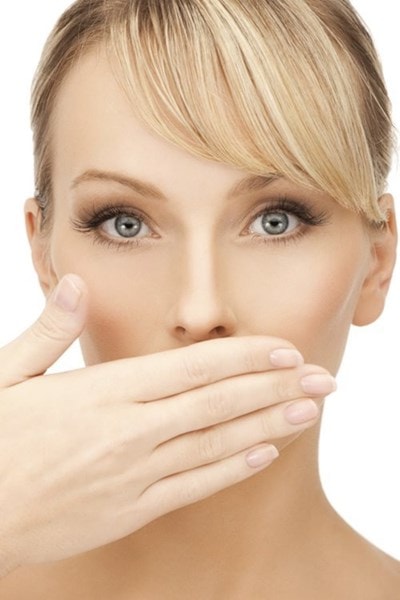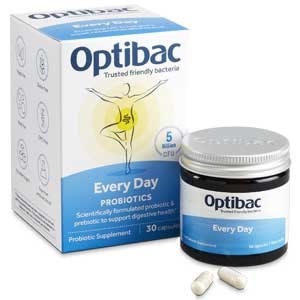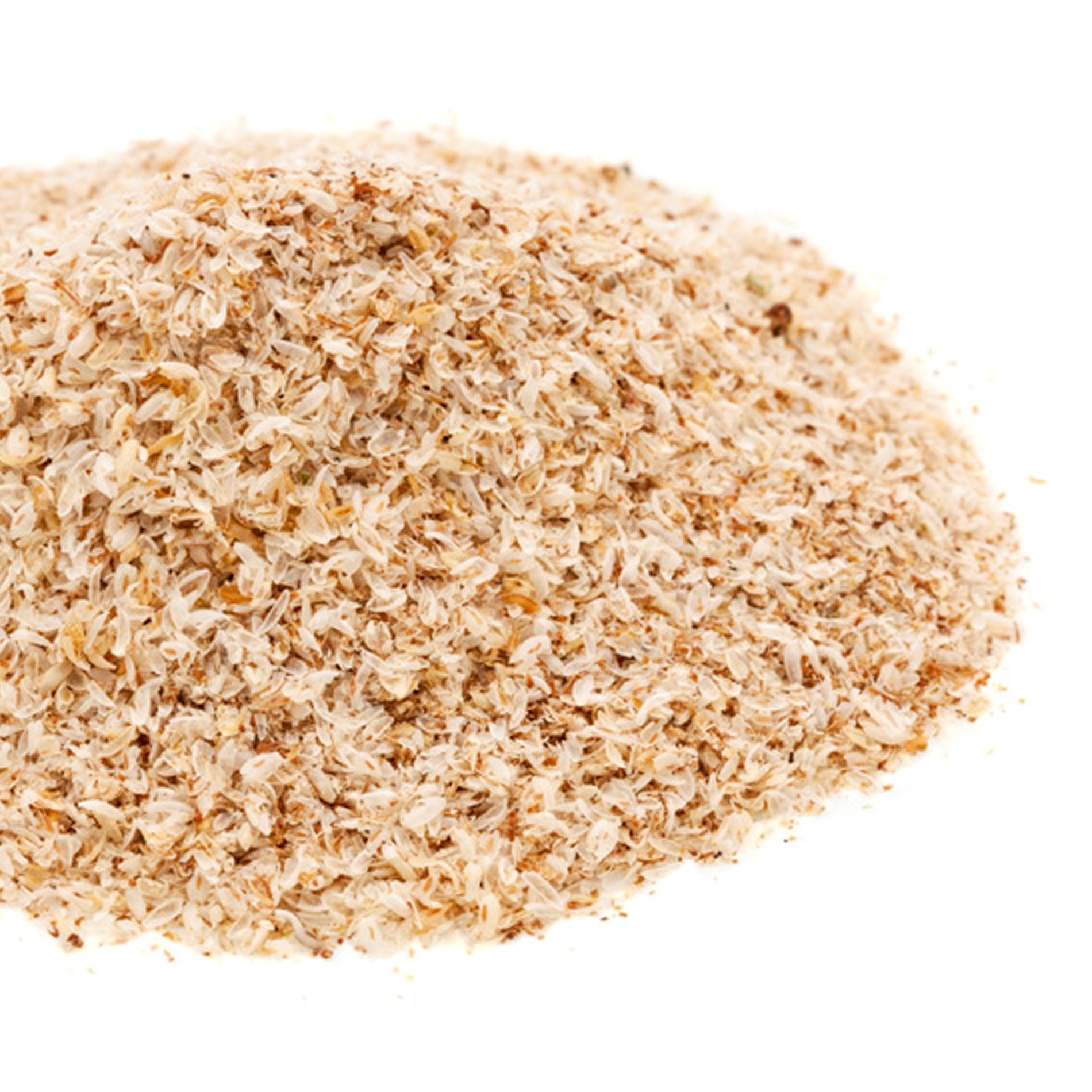Probiotics for Bad Breath?
Probiotics are often associated with the bacteria in our gut and the impact they have on our digestive health. But did you know that bad breath can often be caused by the bacteria in our mouth and gut?
Read on to discover what causes bad breath, how to reduce your chances of suffering from this distressing condition and which probiotics are best for bad breath.
- What causes bad breath?
- How to get rid of bad breath
- What is the best probiotic for bad breath?
- Key take-aways for bad breath
What causes bad breath?
Our mouths are literally ‘awash’ with bacteria, and similar to inside our intestines this bacteria can either be beneficial to our health and well-being, or not-so-beneficial. Our normal oral microbiome varies dependent on the mouth surface, for example different species of bacteria inhabit the tooth surface to the gingival epithelium (or gum tissue). Our immune system constantly monitors the bacterial colonisation in our mouths, warding off potential bacterial invasion, and reducing our chances of developing halitosis (bad breath). However, as with all aspects of our health, various lifestyle factors can alter this delicate balance of 'friendly' vs 'pathogenic' bacteria, resulting in dysbiosis. Read all about this in the article: What is dysbiosis?
Certain strains of undesirable bacteria such as Fusobacterium nucleatum, excrete large quantities of volatile sulphur compounds (VSCs), which have been found to be the main culprit behind bad breath. About 90% of the VSCs found in breath are either hydrogen- or dimethyl- sulphide, which smell like rotten eggs and rotten seaweed respectively. Not really the kind of smells anyone would want emanating from their mouth, The lifestyle factors that can change our oral flora to favour the growth of these 'odour-causing' strains of bacteria, whilst causing a decline in healthy, probiotic strains, include:
- The use of antibiotics and certain other pharmaceutical drugs, such as steroid medications
- Smoking and vaping1
- Blood glucose dysregulation2 (diabetics are at greater risk of oral dysbiosis, which can cause periodontal disease)
Find out about the potential use of probiotics for bad breath later in this blog.

Most undesirable, VSC-producing bacteria are anaerobes, meaning that they need to live in an un-oxygenated environment. The grooves in the tongue and pockets between our teeth and gums make ideal breeding grounds for them, which is why people that have gum disease are at higher risk of developing bad breath.
Whilst it is believed that the majority of cases of halitosis stem from the oral flora, there are also cases where the condition is caused by dysbiosis in the intestines. In just the same way that detrimental strains of bacteria in the mouth produce unpleasant smelling gases, so do undesirable strains of bacteria in the gut. Certain types of colonic bacteria produce foul smelling, methane or sulphur containing gases. The majority of this gas is released as passed wind, but a small part is absorbed in to the blood stream and released via the lungs. The unpleasant odour can therefore be detected on the subjects breath.
How to get rid of bad breath
Knowing the cause is all well and good, but what can actually be done about bad breath.
It appears that the key may well just lie in controlling levels of these VSC-producing bacteria. General good oral hygiene such as tongue scraping and the use of inter-dental brushes can help with halitosis, as these methods limit food debris in the mouth that feed the bacteria, however the real area of interest lies in the potential use of probiotics.
What is the best probiotic to take for bad breath?
One study in 20063 looked at the use of a certain probiotic strains of bacteria, Weissella cibaria, and its effects on Streptococcus mutans (one of the species of bacteria that cause tooth decay and bad breath). The study showed that Weissella cibaria had an inhibitory effect on the proliferation of Streptococcus mutans colonies, whilst also inhibiting their biofilms (a protective ‘shield’ that they cover themselves with). In this study, participants that used a mouthrinse containing Weissella cibaria experienced approximately 20.7% reduction in the plaque index score (one indicator of tooth decay). Other clinical trials have centred around the use of Streptococcus salivarius K12 to inhibit bad breath forming bacteria in the mouth. These trials show some promise, but as of yet, more research needs to be done to ascertain the best strains for the job.
If the source of halitosis is thought to be due to an imbalance of gut flora as opposed to oral flora then correcting this imbalance by optimising digestion, limiting certain foods such as sugary snacks and drinks, eating fermented foods and taking a good quality multi-strain probiotic may help. Whilst clinical evidence is still fairly scarce in this area, there is a lot of anecdotal evidence that suggests that repopulating the gut with beneficial strains of Lactobacillus and Bifidobacteria is helpful in resolving this distressing condition. These genera of bacteria can be found in Optibac Probiotics Every Day.
Additionally, try the Ayurvedic technique of ‘oil-pulling’ to draw bacteria out of the mouth. This technique has been used in India for hundreds of years to excellent effect, and is gaining popularity in the West now too.
Key take-aways for bad breath:
- Bad breath may be caused by the bacteria in our mouth and gut.
- Our immune system constantly monitors the bacterial colonisation in our mouths.
- Certain lifestyle factors (such as smoking and medications) can change our oral flora to favour the growth of 'odour-causing' strains of bacteria, whilst causing a decline in healthy, probiotic strains.
- General good oral hygiene such as tongue scraping and the use of inter-dental brushes can help with bad breath.
- An imbalance of gut bacteria could contribute to bad breath.
- Evidence suggests that repopulating the gut with beneficial strains of Lactobacillus and Bifidobacteria help reduce bad breath.
Read more articles from the Probiotics Learning Lab:
Ice cream for oral health? Yes - just add B. lactis BB-12!
Two studies show probiotics may improve oral health
Healthcare professionals can find out more in these articles, over on our sister site Probiotic Professionals:
Could probiotics help with oral thrush?
Probiotics may prevent recurrent tonsillitis in children, says new study
References
- Figueredo, CA. et al. The impact of vaping on periodontitis; a systematic review (online). 'Clinical and Experimental Dental Research. Wiley-Blackwell: 2020 (cited 2021 May 25).
- Polak, D. & Shapira, L. An update on the evidence for pathogenic mechanisms that may link periodontitis and diabetes. J. Clin. Periodontol (Internet). 2018 Feb. 1. (cited 2021 May 25). 45(2):150-66.
- Kang MS, Chung J, Kim SM, Yang KH, Oh JS. Effect of Weissella cibaria isolates on the formation of Streptococcus mutans biofilm. Caries Res. 2006;40:418–25. [PubMed]
Popular Articles
View all General Health articles-
General Health31 Oct 2023
-
Gut Health16 Mar 2023


